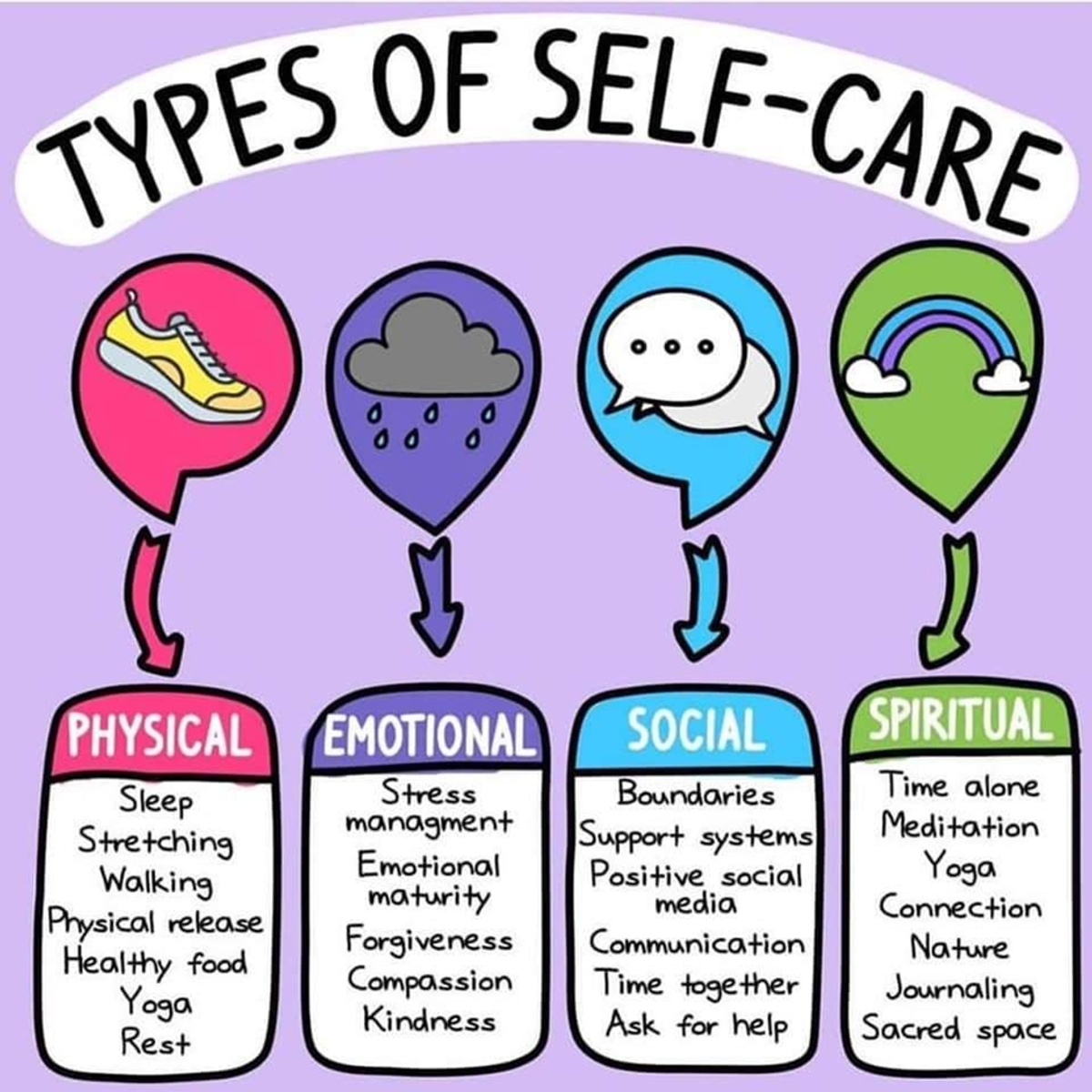Student Wellbeing
The Wellbeing Team: Felicity Brown, Isabella Farrar, Lavinia Cai, Pat Pekin, Lucy Wright
Assistant Principals - Cody Gunn and Michelle Lynch

Student Wellbeing
The Wellbeing Team: Felicity Brown, Isabella Farrar, Lavinia Cai, Pat Pekin, Lucy Wright
Assistant Principals - Cody Gunn and Michelle Lynch
Struggling to navigate your child's social media habits? Look no further!
ReachOut provides invaluable resources and tips to help you effectively manage your child's online presence, ensuring a safe and balanced digital experience for the whole family. Stay informed and empowered as you guide your child through the dynamic world of social media.
Social media and teenagers - ReachOut Parents


Some simple activities like exercising, cooking, and listening to music can help boost the production of your feel-good hormones. Hormones are chemicals produced by different glands across your body. They travel through the bloodstream, acting as messengers and playing a part in many bodily processes. One of these important functions? Helping regulate your mood.
Certain hormones help promote positive feelings, including happiness and pleasure. These “happy hormones” include:


Here is an overview of what you can do to help produce more of these natural mood boosters.
Get outside.
Boost your serotonin level - by spending time outdoors, in sunlight.
According to research exposure to ultraviolet (UV) radiation from the sun can increase the production of serotonin.
You can try spending about 15 minutes outside a few times a week. Try exploring a new neighbourhood or park if you’re tired of the same old sights. Just don’t forget sunscreen and a hat!
Make time for exercise.
Exercise has multiple physical health benefits. It can also have a positive impact on emotional well-being.
Exercise doesn’t just work on endorphins. Regular physical activity can also increase your dopamine and serotonin levels, making it a great option to boost your happy hormones.
Maximise your workout. To see even more benefits from exercise:
|
Laugh with a friend.
“Laughter is the best medicine?” Laughter can help relieve feelings of anxiety or stress and improve a low mood by boosting dopamine and endorphin levels.
Sharing that funny video, dust off your joke book, or watch a comedy special with a friend.
Cook (and enjoy) a favourite meal with a loved one.
The enjoyment you get from eating something delicious can trigger the release of dopamine and endorphins.
Certain foods can also have an impact on hormone levels. Note the following when meal planning for a happy hormone boost:
Listen to music (or make some)
Listening to instrumental music, can increase dopamine production in your brain.
But if you enjoy music, simply listening to any music you enjoy may help put you in a good mood. This positive change in your mood can increase serotonin production.
You may also experience an endorphin release while performing music, especially in a large group.
Meditate
Meditation has many wellness benefits — from improving sleep to reducing stress.
Pat your dog/ cat
If you have a dog/ cat, giving your furry friend some affection is a great way to boost oxytocin levels for you and your dog /cat.
Even if you don’t own a dog/ cat, you might also experience an oxytocin boost when you see a dog/ cat you know and like.
Get a good night’s sleep.
Not getting enough quality sleep can affect your health in multiple ways.
It can contribute to an imbalance of hormones, particularly dopamine, in your body. This can have a negative impact on your mood as well as your physical health.
Setting aside 7 to 9 hours each night for sleep can help restore the balance of hormones in your body, which will likely help you feel better.
If you find it difficult to get a good night’s sleep, try:
Manage stress.
It’s normal to experience some stress from time to time. Living with regular stress or dealing with highly stressful life events can negatively affect your health and mood, making it harder to deal with stress.
If you’re under a lot of stress, try:
Any of these approaches may help relieve your stress while also boosting your levels of serotonin, dopamine, and even endorphins.
Wishing everyone a safe and relaxing break.
Every Wednesday, an open Gym Club will be held from 3:30pm - 4:30pm to promote physical health and wellbeing. Student Wellbeing Coordinator, Patrick Pekin (PEKP) and Mr. Alex Christopoulos will be monitoring and supervising students who take part in the event, to ensure that all health and safety protocols are followed and that all participants are engaged in a safe environment.
Each day, students will participate in either a guided or personal exercise session. Students will have access to the Holloway Rd Gym facilities including a range of relevant exercise equipment. Including squat racks, bench press, plyo boxes, dumbbells, barbells etc. This is an inclusive ongoing group, however previous fitness/gym experience is preferred however not necessary. If you have limited experience, please notify Patrick Pekin/Alex Christopoulos of this.
This will be held at Sandringham College Senior Campus, Holloway Road Gym and all students in Year 7,8 and 9 who attend the club will walk with Patrick Pekin from the Bluff Rd campus and meet the rest of the participants at the location.
Parental consent is required for students in Year 9 attending the club. Students are able to be expelled or leave the premises following the conclusion of the session.
For any further queries, and to express your child's expression of interest please feel free to contact myself via email:
Pat.Pekin@education.vic.gov.au or
Mr. Christopolous: Alex.Christopoulos@education.vic.gov.au |